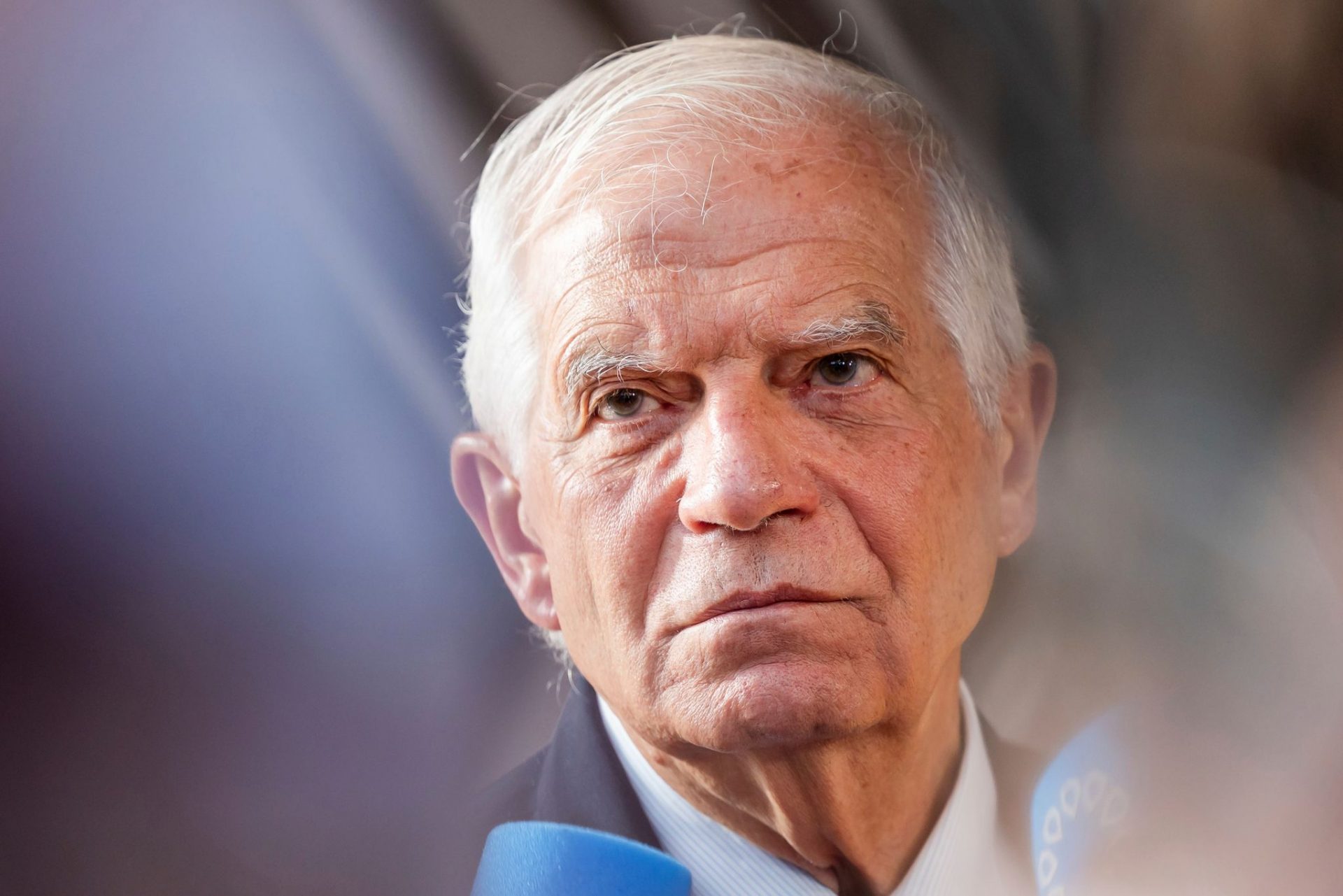“`html
Brussels (ANSA) – The Middle East crisis is at the forefront of the Luxembourg Foreign Affairs Council, amidst divisions and difficult compromises to bring the 27’s positions closer together. The EU found the words to unanimously condemn Israel’s attacks on the Unifil contingent – “we took too long for something obvious,” laments the High Representative Josep Borrell – but is struggling with the rest. On the question of a possible arms supply embargo, suggested by Emmanuel Macron and Pedro Sanchez.
“Other member states could be mentioned that are in the opposite situation and are asking for more weapons to be supplied to Israel,” notes Borrell. The truth is that it is a “national competence” and to change things, a resolution by the UN Security Council or a unanimous decision of the 27 would be needed. Italy’s position is explained by Minister Antonio Tajani, in Berlin for the Balkans summit.
“Since October 7 last year – he said – we have blocked all contracts related to the sale of weapons to Israel, as required by law; if they then use weapons sold in the past, I don’t know.” As for Unifil, the EU has defined the recent attacks as “serious violations of international law” and has asked Tel Aviv for “immediate explanations.”
The foreign ministers of Italy, France, Germany, and Great Britain today reiterated their “deep concern” in a joint statement and asked that the attacks “cease immediately” (October 14).
“`
 go to the original language article
go to the original language article
